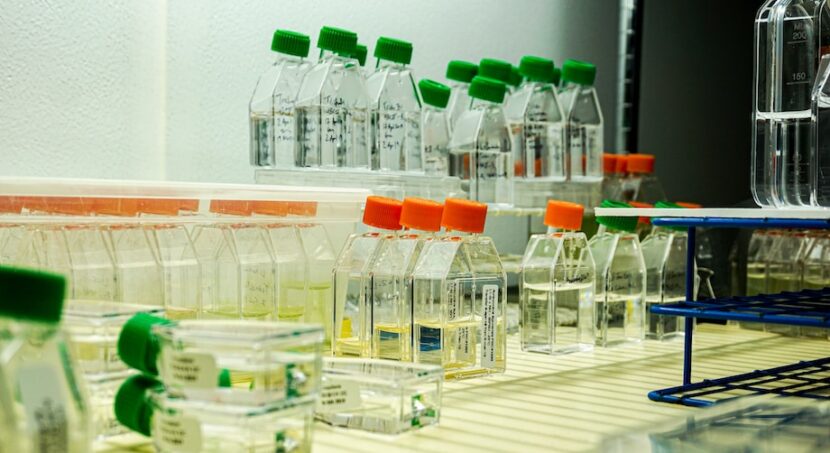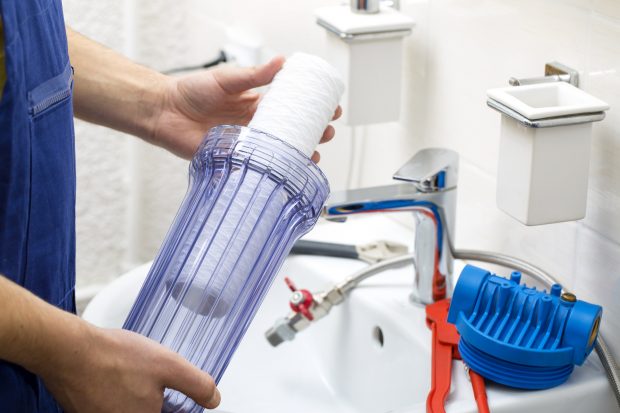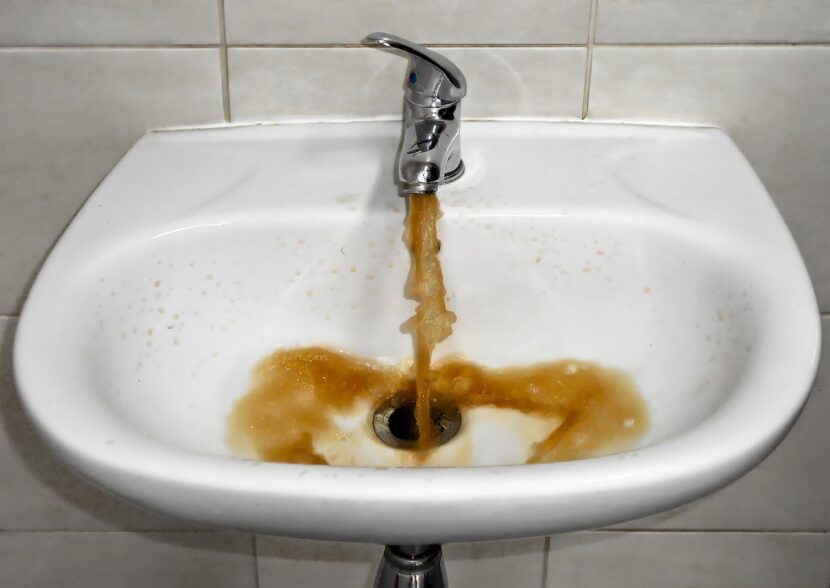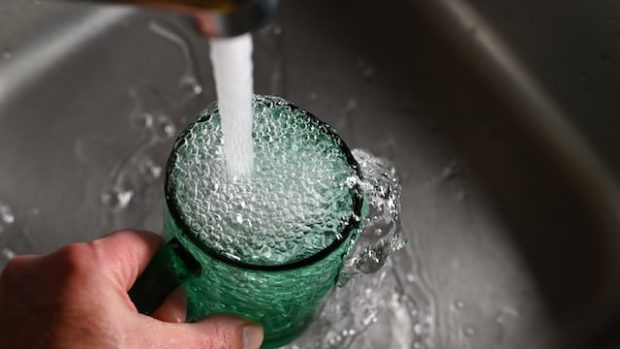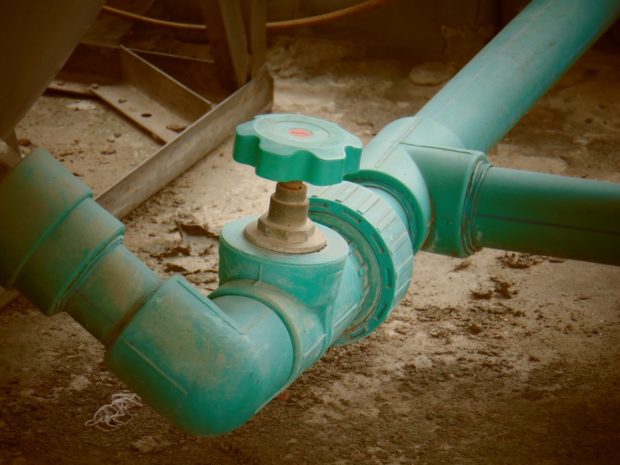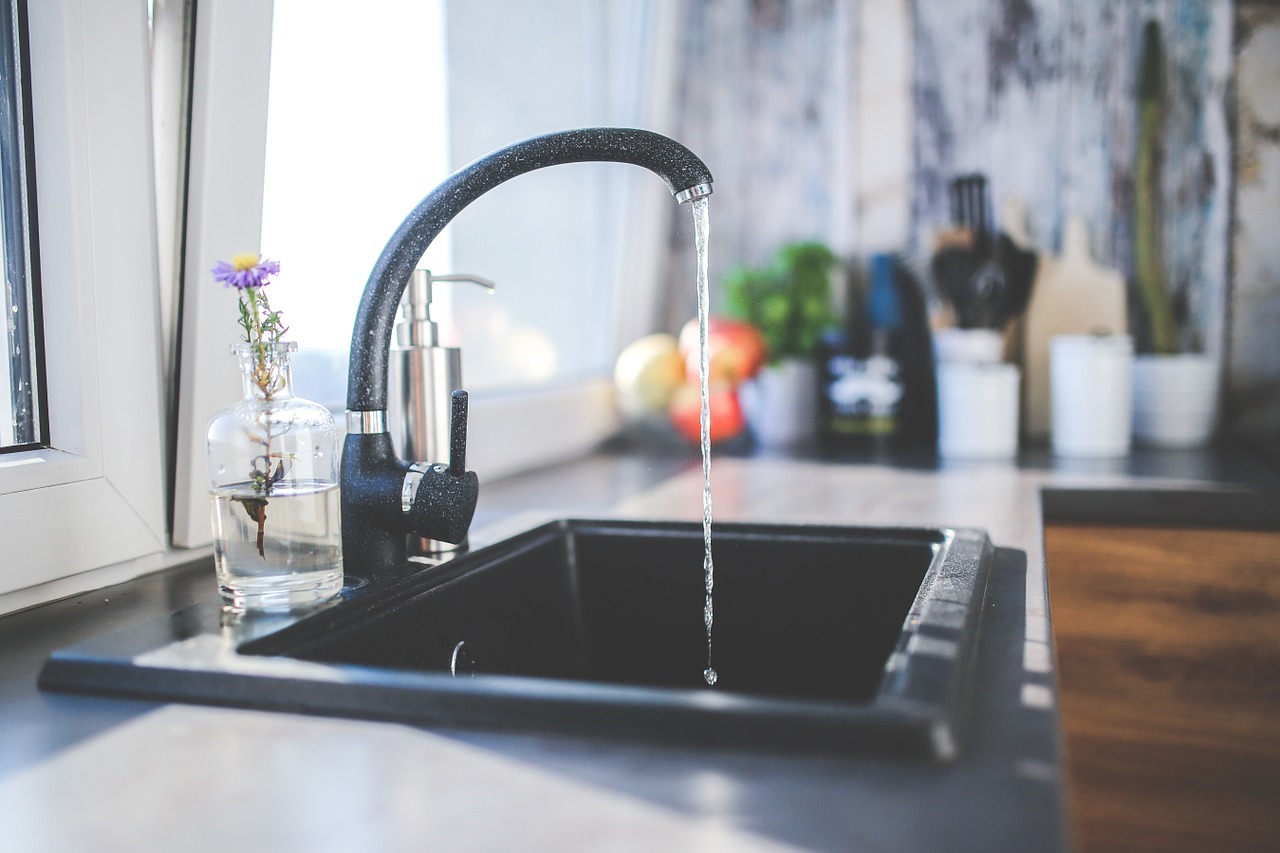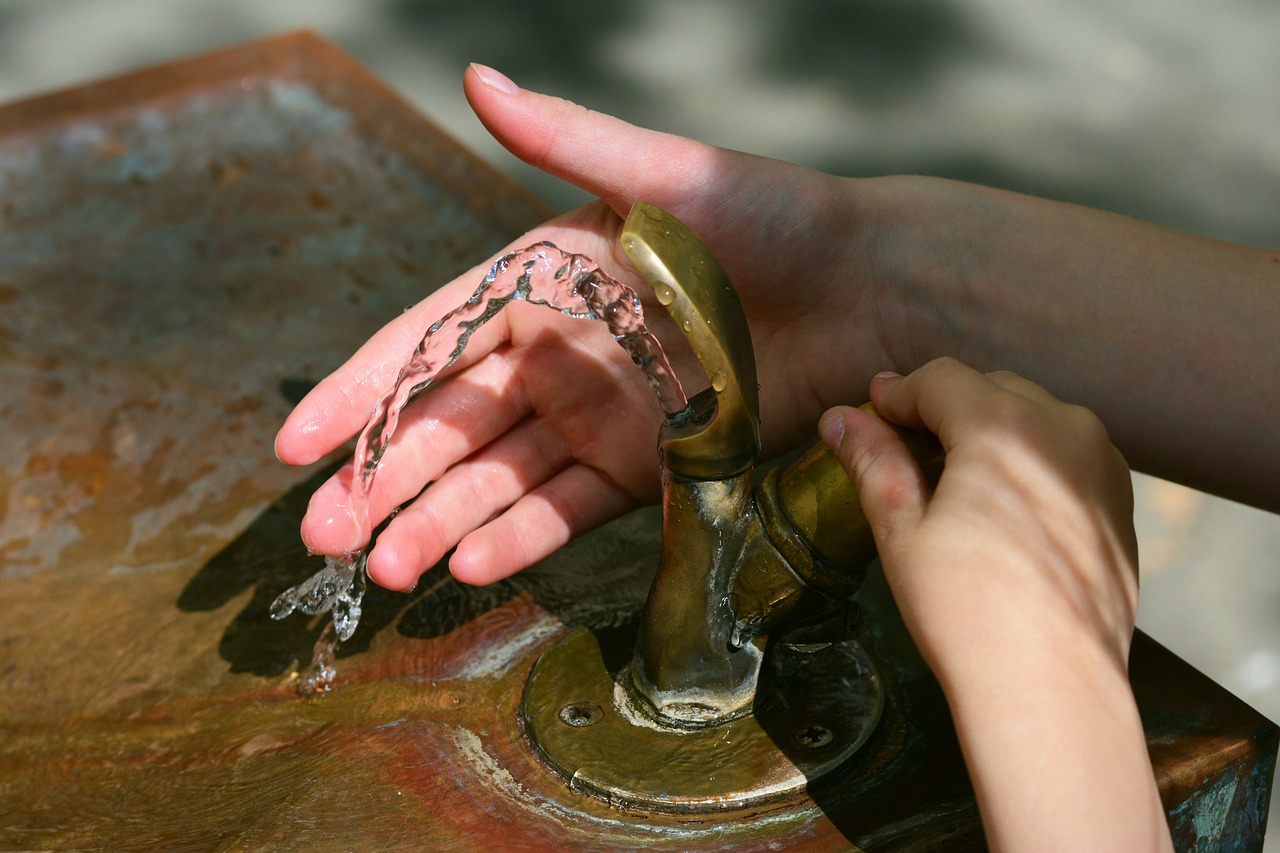Water is undoubtedly one of the most important resources for any business. From manufacturing to hospitality, agriculture to technology – every industry relies on water in some capacity. But what happens when the quality of that water becomes a cause for concern? As business owners and decision-makers, it’s our responsibility to ensure that not only are we using enough water for our operations, but also that the water we use is safe and healthy. However, with increasing industrialization and environmental pollution, maintaining good water quality has become a major challenge in recent years.
In this blog post, we will dive into 8 alarming signs that your business’ water quality may demand immediate attention. From health risks to financial implications, these warning signs should not be ignored if you want your company to thrive in today’s world where sustainability and wellbeing are at the forefront of consumer priorities.
Monitoring Water for Your Business
As the saying goes, “prevention is better than cure”, and this couldn’t be more true when it comes to water quality in your business. Quality monitoring involves regular testing and analysis of various parameters such as pH levels, bacteria, and chemical contaminants, to name a few. When it comes to water quality monitoring, this process helps identify if there are any harmful substances present in the water that could potentially impact human health or damage equipment and infrastructure. By regularly monitoring water quality, businesses can stay ahead of potential issues and take corrective measures to maintain a safe and sustainable workplace.
The Importance of Water Quality
Water is a vital resource for any business operation. Whether it’s used for manufacturing processes or daily office use, the quality of the water you use can directly impact the success of your business. Poor water quality can lead to production issues, increased operating costs, and even damage to equipment. On the other hand, high-quality water can increase efficiency, improve product quality, and save money.
It’s essential to regularly test and monitor the quality of your water source to ensure it meets the necessary standards and helps your business thrive. Proper water treatment and filtration systems can also be implemented to ensure that your business is using clean and safe water. Don’t ignore the importance of water quality; it can truly make or break your business operations.
Understanding the Dangers of Poor Water Quality
Water is something that we all need to survive, yet many of us take it for granted. We turn on the tap, and water comes out. We bathe in it, we swim in it, and we use it to clean everything from our dishes to our cars. But what if that water wasn’t clean? What if, instead of nourishing us, it made us sick?
Unfortunately, poor water quality is a very real danger that many people face around the world. Contaminants such as bacteria, viruses, parasites, and chemicals can all find their way into our drinking water, leading to a variety of health problems. It’s so important that we understand the dangers of poor water quality and take steps to protect ourselves and our families.
Signs of Poor Water Quality in Your Business
As a business owner, keeping your employees and customers healthy is of utmost importance. One overlooked aspect that can greatly affect their well-being is the quality of the water in your establishment. Signs of poor water quality can range from a bad odor or taste to visible discoloration or cloudiness.
Some may even experience skin irritation or digestive issues. If you notice any of these signs, it may be time to have your water quality tested and take the necessary steps to ensure clean and safe water for all. Don’t wait until it’s too late, make sure to prioritize the quality of your business’s water.
Cloudy or Discolored Water
Imagine turning on your faucet and instead of crystal clear water, you’re met with cloudy or discolored water. It can be a bit alarming, but rest assured, there are usually simple explanations for this odd occurrence.
Cloudy water is often the result of air bubbles that become trapped in the water, while discolored water can be caused by a variety of factors such as rust, sediment buildup, or even a malfunctioning water heater. Regardless of the cause, it’s always best to have your water tested by a professional to ensure your drinking water is safe and healthy.
Strange Odors or Tastes in Your Tap Water
Imagine turning on your faucet and being hit with a strange odor or taste in your tap water. Not only can it be off-putting, but it can also raise concerns about the safety of your drinking water. There are several potential causes of these odd flavors and smells, including algae growth, excess minerals, or even chlorine levels that are too high.
While most of these odors and tastes are harmless, it’s always a good idea to have your water tested by a professional to ensure it’s safe for consumption. In the meantime, investing in a filtration system or using bottled water may help alleviate some of the concerns and allow you to enjoy a fresh glass of water without any unwanted flavors or smells.
Frequent Clogs or Build-Up in Plumbing Systems
Dealing with frequent clogs or build-ups in your plumbing system can be a major hassle. Oftentimes, these issues can lead to slow-draining sinks, foul odors, and even backups that could damage your home. While some clogs can be easily fixed with a plunger or drain cleaner, others may require the help of a professional plumber.
Preventative measures, such as using a drain strainer and being mindful of what you put down your drains, can also help to minimize the occurrence of clogs and build-up. By taking steps to maintain your plumbing system, you can avoid the headache (and expense) of frequent clogs and keep your pipes flowing smoothly.
Surprising Sources of Poor Water Quality
Water is vital to our survival, so it’s concerning when water quality is compromised. Surprisingly, there are many unexpected sources of poor water quality that we may not realize are contributing to the problem. For example, pharmaceuticals and personal care products that enter the water cycle through wastewater can have negative impacts on water quality.
Additionally, excessive use of fertilizers and pesticides in agriculture can lead to harmful runoff that causes water contamination. It’s important to address these sources and take action to improve water quality. This can include investing in new wastewater treatment technologies and promoting responsible agriculture practices. By being aware of these surprising sources of poor water quality and taking action to address them, we can help protect our valuable water resources for future generations.
In conclusion, maintaining high water quality should be a top priority for any business owner. By understanding the dangers of poor water quality and recognizing the signs of contamination, you can take proactive measures to ensure the health of your business operations. Whether it’s addressing cloudy or discolored water, strange odors or tastes, frequent clogs, or high levels of chlorine and other contaminants, there are both DIY solutions and professional services available to help improve your water quality.
Don’t let surprising sources such as aging pipes or nearby industrial facilities compromise the cleanliness of your water. Take action now for better business health and invest in proper filtration systems or regular maintenance checks. By doing so, you can protect not only your employees’ health but also your company’s reputation and bottom line. So remember, don’t neglect the importance of water quality – it’s an essential factor for a thriving business! Don’t wait until it’s too late – make sure your water is safe and clean today.

